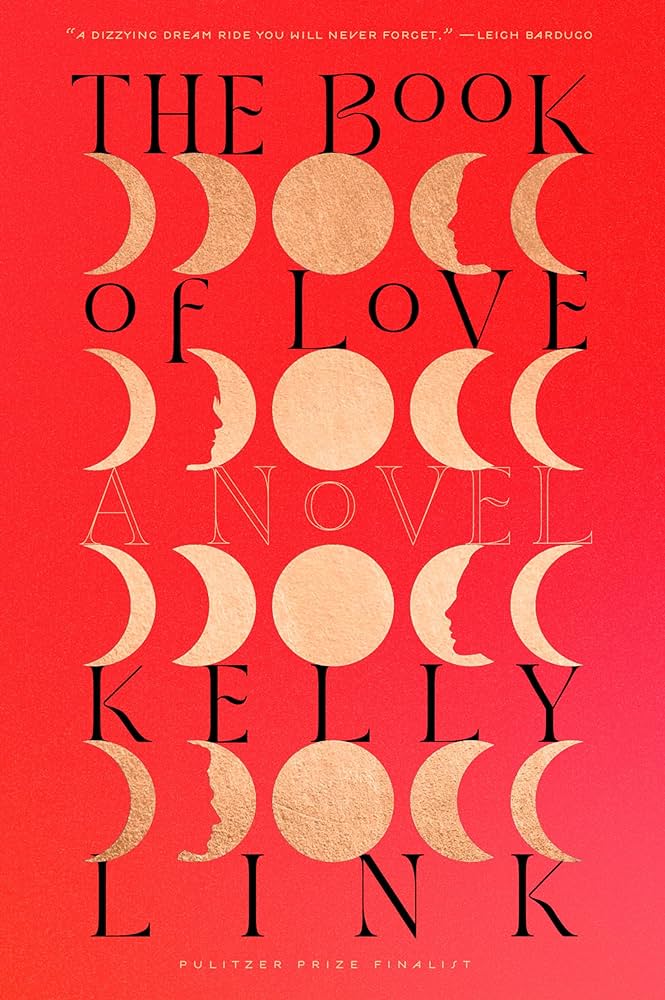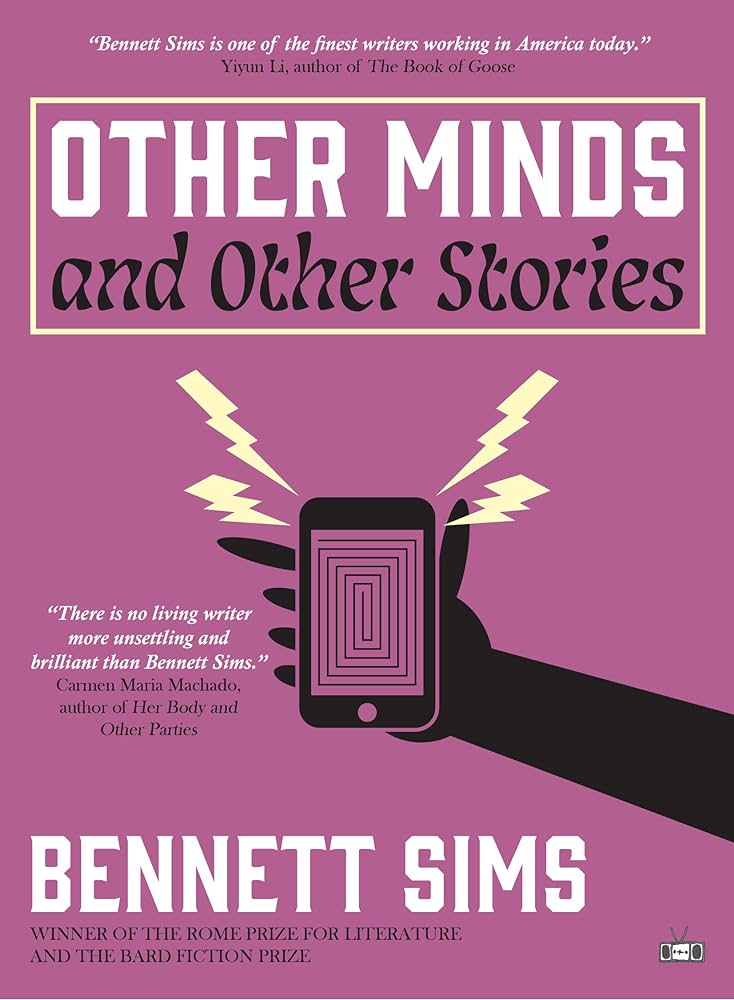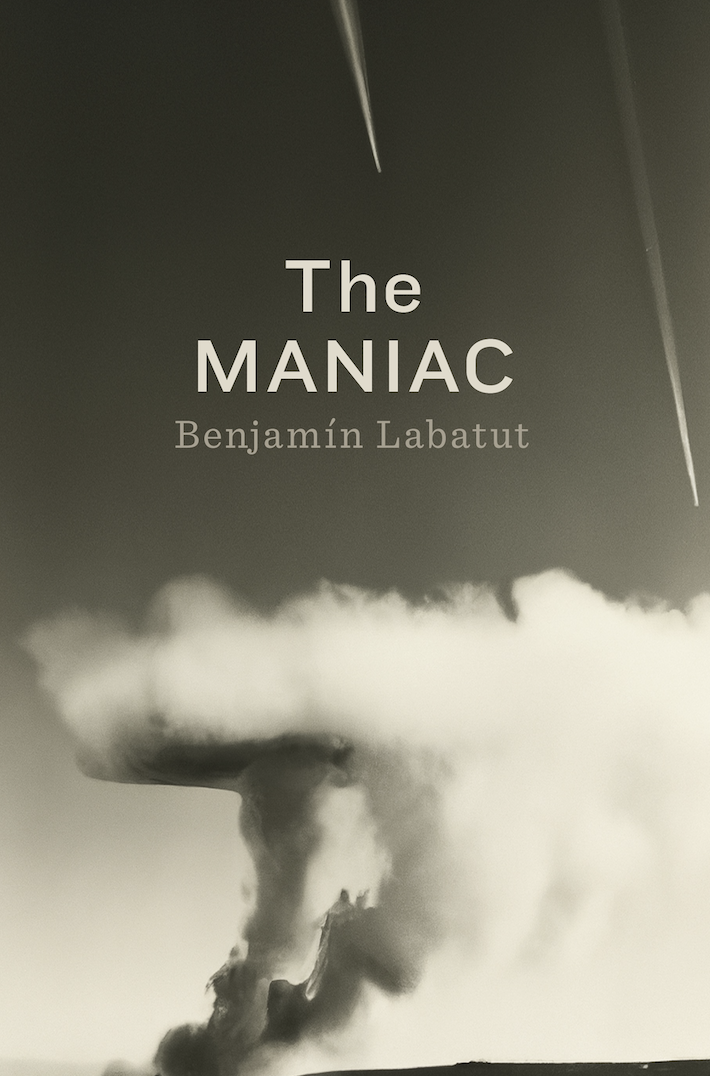 “Those few seconds it takes to terminate a person’s life comprise the idea of an incredible, almost superhuman, power.” This idea is the obsession of the nameless narrator of Gaito Gazdanov’s mesmerizing novel, The Spectre of Alexander Wolf. Yet what is superhuman in the ability to kill a person? With a gun it’s exceedingly simple; ordinary humans do it every day. Gazdanov’s narrator has done it — once. He was 16 years old, and a soldier in the Russian Civil War.
“Those few seconds it takes to terminate a person’s life comprise the idea of an incredible, almost superhuman, power.” This idea is the obsession of the nameless narrator of Gaito Gazdanov’s mesmerizing novel, The Spectre of Alexander Wolf. Yet what is superhuman in the ability to kill a person? With a gun it’s exceedingly simple; ordinary humans do it every day. Gazdanov’s narrator has done it — once. He was 16 years old, and a soldier in the Russian Civil War.
This opening scene is tinged with surreality, primarily because the young narrator is so bleary with sleep-deprivation. The blurred background of gunfire could be any war, the “scorched grass” and “hot, drowsy haze” could be almost any country. The narrator leans against a tree to rest and finds himself alone, separated from his troop. He comes across a black horse and mounts it, and they gallop off down the road before a crack of rifle fire brings them crashing to the dust. Unhurt, the narrator stands and dazedly watches a rider on a white horse approach from down the road, shouldering a rifle. “It was so quiet I could distinctly make out the dry sobbing of hooves against the cracked earth, the horse’s heavy breathing…” Without really thinking, the narrator raises his revolver and fires. The rider falls. The numbed narrator walks to him. “Bubbles of pink foam frothed up and burst on his lips. He opened his dull eyes, said nothing, and closed them again.”
It’s a commonplace wartime killing, senseless and sudden, and no one’s fault in particular. Yet for years after, the narrator cannot fully rid himself of the feeling of guilty regret. By the time he’s a grown man, an émigré living in Paris, he has nearly managed to forget the episode. Then he comes into possession of a collection of short stories by an English author, Alexander Wolf, rather ominously titled I’ll Come Tomorrow. In the last story, “The Adventure in the Steppe,” he finds an eerily exact reproduction of the murder from the perspective of the rider he had supposedly killed. As if in a mirror he looks up from the ground into his own “commonplace, ugly little face that expressed nothing other than manifest fatigue.” He sees himself mount the great white mare and gallop away.
“There remained little doubt,” the narrator says, “that the author of the story really was the same pale stranger whom I’d shot.”
Gaito Gazdanov was born in St. Petersburg in 1903, and like his narrator participated in “the exhausting senselessness of the Civil War” when he was 16. He was evacuated to Gallipoli, moved to Constantinople, before arriving in Paris along with many other Russian émigrés, Vladimir Nabokov famously among them. Gazdanov worked in the Citroen factory, and then later as a taxi driver (“there were thousands of them [Russians] plying that fool’s trade in Paris,” Humbert Humbert snidely remarks). Gazdanov drove at night and attended lectures and wrote during the day. Gradually he began to publish pieces in Russian journals and infiltrate the Parisian literary scene. The Spectre of Alexander Wolf was written in 1947, and like many quiet masterpieces it fell unfairly into obscurity for many decades — until now, elegantly translated by Bryan Karetnyk and beautifully republished by Pushkin Press.
Gazdanov’s writing career — nine celebrated psychological crime novels — was one which the nameless narrator of Alexander Wolf might have envied. This narrator has literary aspirations but settles for the more practical and less taxing field of journalism. His life thus far, he claims, is loaded with “regrets, dissatisfaction and a sense of manifest futility of everything I did.” His desire to meet Alexander Wolf, author of I’ll Come Tomorrow, is composed partly of curiosity about this ghost of the man he swore he had killed, and partly of jealous wonder at the ex-soldier’s skill with a pen, his “taut, flawless rhythm.”
By chance — or its opposite, one of the many mechanisms of fate grinding its gears behind the scenes — the narrator meets one of his countrymen in a local Russian restaurant in Paris. Voznesensky is a drunkard and “something of a Don Juan,” who begins regaling our narrator with anecdotes of war and love. With a casual inevitability that attends all the book’s intersections, Voznesensky produces a book, which the narrator recognizes at once: I’ll Come Tomorrow. It is revealed that Voznesensky and Alexander “Sasha” Wolf were comrades in the Civil War. Pressing the drunk raconteur for details, the narrator is rewarded by yet another version of that hot, awful afternoon, this time told from the vantage of the rider whose approaching clatter made him mount the white mare and gallop away. Voznesensky found Wolf in the road, “coughing up blood and foam,” and took him to a hospital.
Gazdanov is brilliant at tracing the unexpected twists of life’s forking paths, the interconnectedness of his various characters. A mysterious seductress sways into the novel at a boxing match our narrator is covering for a newspaper. Yelena Nikolayevna is another Russian émigré, with an icy, languid loveliness; their meeting has a tingle of déjà vu, as though they had known each other before. “‘They say that’s a very dark omen,’” the narrator suggests. Indeed, it is. The love affair is a welcome distraction from his obsession with Alexander Wolf, and his own morbid navel gazing. But as Wolf will say later on, “Every love affair is an attempt to thwart fate.” And fate, the narrator suspects, cannot easily be thwarted. He can feel a chill reaching up from Yelena’s past, the shiver of a former lover who had marked her life forever.
Ineluctably, one day Yelena begins to speak of this man. He was charming, erudite, acute, and doomed, obsessed with his own impending death. His fatalism was apparent in everything he said: “‘Every life becomes clear — its path, its twists and turns — only in its final moments.’” To illustrate the point he recounted a story of a poor Jewish boy who dreamed of becoming a tailor, who strived through war and hardship; upon finally receiving his first order as a tailor, he died of pneumonia. “‘It was a race towards death…Finally, when his dream comes true, it turns out that its very realization heralds his own death, towards which he’s been striving all this time.’”
Yelena Nikolayevna escaped this lover’s dangerous, entrancing clutches. But we know who this man is, even if our narrator feigns ignorance. It’s a short matter of time before he emerges at last. The narrator enters his local Russian restaurant and there is Alexander Wolf dining with Voznesensky. Wolf’s face is hauntingly familiar, handsome and disturbing, bearing “an obscure expression, some sort of deathly significance — a look that seemed entirely impossible on the face of any living man.”
This is because Alexander Wolf is not truly alive. He is a spectre, who is certain he knows what awaits him. “I am sure,” he later tells the narrator, “that I’ll die just like that — suddenly and violently, in much that same way as when we first met.”
The question implicit in Gazdanov’s fascinating novel is whether such macabre determinism is self-perpetuated or inalterably woven into the fabric of our existence. Does believing we are doomed to die in a particular way bring about that very end — or do we believe it because we know in our prescient soul it’s the inexorable truth? “‘It isn’t fatalism, it’s the direction of life,’” Wolf explains to Yelena. Yet this is cyclical philosophy. For if the direction of a life is illuminated by its end, then its winding path has offered merely the illusion of forking possibilities. There was only the one, fated way. In which case, is it a fallacy to speak of points of origin, crucial links where the chain of causality actually began? The narrator cannot help but wonder:
It would seem as though a whole world had sprung into existence from a single action of mine. Assuming the origin of this long chain of events was my outstretched hand holding a revolver and the bullet that pierced Wolf’s chest, then in this brief space of time…a complex process was born, which could be neither foreseen nor accounted for by any human mind possessed of even the most powerful, grotesque imagination.
Yet if the “complex process” extends forwards then it reaches backwards, as well, in which case there is no origin. There is only an unending chain. Except that a chain implies singularity, when in actuality all lives are interconnected into the weft of continuous time.
 One is reminded of Nabokov’s novel The Real Life of Sebastian Knight, the first the great Russian wrote in English. His character Sebastian Knight fled from Russia during the Civil War and wrote his novels in English like Alexander Wolf (who explains Voznesensky, “it’s more profitable to do it in English, it’s better paid”). After Sebastian Knight’s death, his half-brother turns literary detective and tracks down the details of his sibling’s life and downfall. He comes at last to this lovely, if wistful, realization: “The hereafter may be the full ability of consciously living in any chosen soul, in any number of souls, all of them unconscious of their interchangeable burden. Thus…I am Sebastian, or Sebastian is I, or perhaps we both are someone whom neither of us knows.”
One is reminded of Nabokov’s novel The Real Life of Sebastian Knight, the first the great Russian wrote in English. His character Sebastian Knight fled from Russia during the Civil War and wrote his novels in English like Alexander Wolf (who explains Voznesensky, “it’s more profitable to do it in English, it’s better paid”). After Sebastian Knight’s death, his half-brother turns literary detective and tracks down the details of his sibling’s life and downfall. He comes at last to this lovely, if wistful, realization: “The hereafter may be the full ability of consciously living in any chosen soul, in any number of souls, all of them unconscious of their interchangeable burden. Thus…I am Sebastian, or Sebastian is I, or perhaps we both are someone whom neither of us knows.”
Gazdanov’s narrator does not reach such a tranquil conclusion. But the novel’s violent, exciting climax has a similar, circular quality, a return to the source. A final confrontation between the narrator and Wolf is inevitable. The two men are aching to reenact their fateful first encounter, as if they wish to test the limits of the baleful hypothesis that figures as the subtext of their existence. That is, the man who manages to subvert causality by killing another “is given the opportunity to become, for some short space of time, more powerful than fate and chance, earthquake and tempest, and to know the exact moment when he’ll put a stop to that long and complex evolution…Love, hatred, fear, regret, remorse, will, passion…all is helpless before the momentary power of murder.”
This applies equally well to suicide. And herein lies the supposed “superhuman power” of the murderer, and the self-destructor. This power, however, is fallacious. Any chain of fate will have anticipated this abortive link as clearly as any “natural” death. The power of murder, in the end, is nothing more or less than the ability to discontinue life, which, as Wolf unexpectedly proclaims, is “the sole thing whose value we can truly comprehend.”
The Spectre of Alexander Wolf is a compulsive read, playful yet sinister, meandering yet impressively trim, old-world and modern. It is to Pushkin Press’s great credit that this gorgeously restored relic, from an age when books could be spectral and slip elusively through your fingers, has been revived from untimely oblivion.









